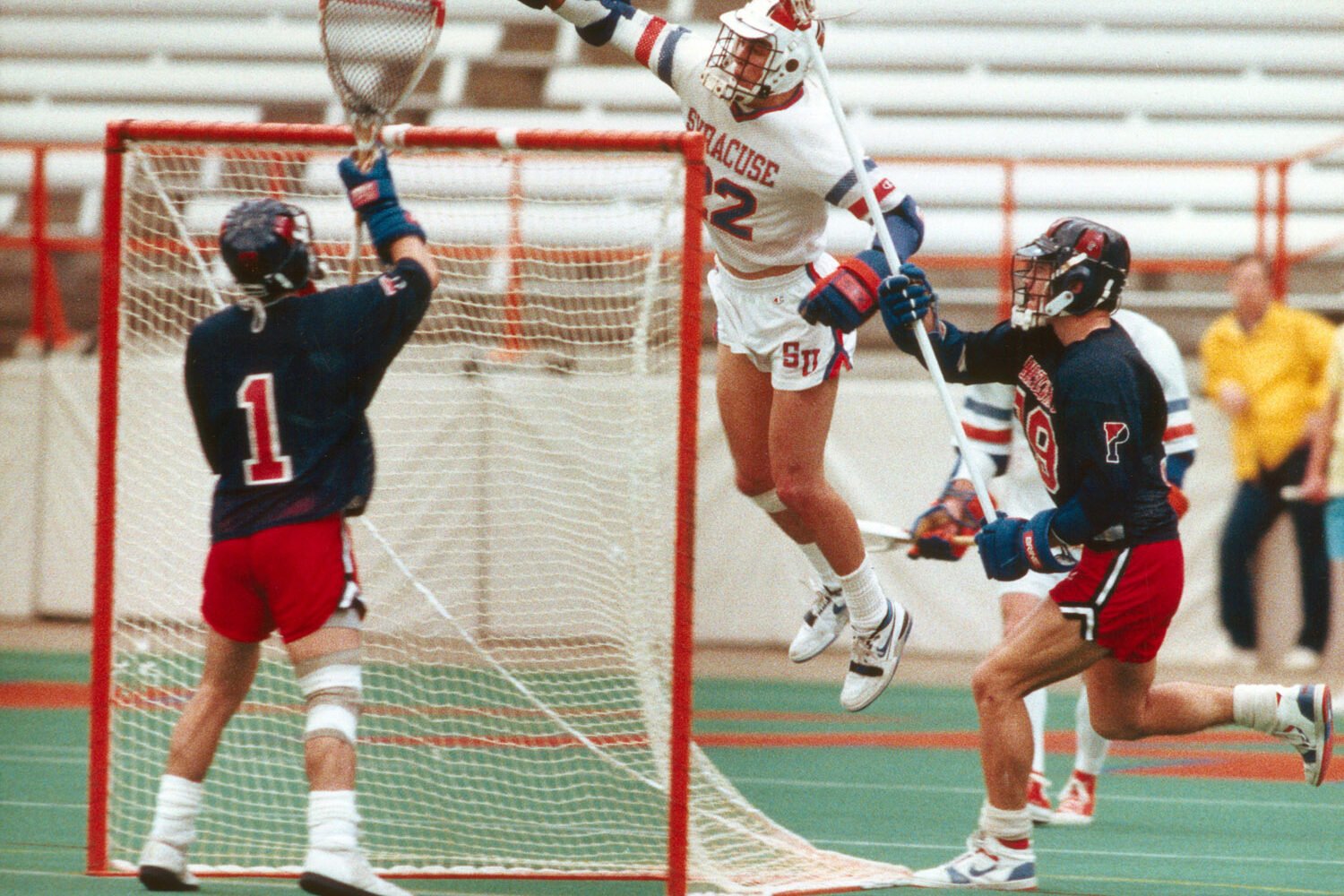“I want a trophy, Poppa,” my four-year-old son declared from the backseat as I drove him to a friend’s house.
“What did you do to earn one?” I asked.
“Nothing,” he replied. “I got two medals at sports camp, so now I want a trophy.”
“That’s not how it works,” I told him. “Trophies signify an achievement of some kind. You won a soccer championship. You made the best project at the science fair. You were the last kid standing at the spelling bee. Something monumental.”
He harrumphed grumpily and lapsed into silenced. So much for my teaching moment.
However, that quiet time gave me pause to think about the downside of our culture of awards and rewards. It starts in childhood, but can be just as pervasive in adulthood.
Despite his young age, my son has already earned a few participation medals. He was given one at the end of each of the five soccer seasons he completed, there was one for a 100-meter dash he ran (and won), and the pair of plastic Olympic medals he got at sports camp.
I don’t have any problem with any of these medals. I still have those I earned years ago for running a pair of half marathons and a full marathon, though I don’t display them. I consider them more as mementos signifying a personal achievement rather than as awards of some kind. I’m old enough to know the difference and draw a distinction, but I fear my son, like other children his age, sees all congratulatory tokens in the same category.
I worry kids see all medals, ribbons, and trophies as a sign that they’re winners, even if they received them simply for participating in an event. This sends the message that everyone is a winner just for showing up. They’re not. That is not how life works. There are winners and there are losers.
When a child loses at something, it can be tough for them on several levels – and sometimes hard for the parent to watch – but they need to embrace losing, because it is a vital lesson for a variety of reasons.
First of all, it gives children a gentle dose of reality. Only one team wins the championship. There will be a single valedictorian. A select few students will get into the nation’s top schools. Just because you apply for a job doesn’t mean you will get an interview, much less the job itself. There are countless instances in life when someone or a few people will win at something and others will lose.
Kids should get used to this paradigm, even though it won’t always make them feel good. In fact, they also need to make peace with the oftentimes-negative feelings of losing early in life, so those emotions doesn’t overwhelm them and stymy them from continuing to try to win down the line. Parents should absolutely comfort their children in these situations, but should steer clear of coddling them in a way demeans the achievements of others.
After all, losing can be incredibly motivational. It teaches kids that there are levels of achievement. If a child wants to do something truly great – cross the finish line first, win the grand prize at the debate competition, rack up the most points in the season – they will have to drive themselves to be faster, smarter, and/or stronger than their competition. Though they are challenging other contestants, they are really learning to push their boundaries of possibility.
When they are defeated, kids need to learn how to be gracious. No matter how hard fought the proverbial battle, children need to look their competitor squarely in the eye, say “Good game,” and mean it. There is something to be learned from every loss – something you may not have learned if someone hadn’t bested you. Heed those lessons, remember them, and use them to do better in the future.
Throughout all these discussions of winning and losing, it’s important to remind children that those who win at something aren’t better people and those who lose aren’t lesser people. It’s just a marker of greatness in a particular moment, because winning is a transient state. Someone might win at something one day only to lose at it the next day – or vice versa. Or someone may consistently win at one activity, while losing when trying to do something else. Losing is a reminder that we all have strengths and weaknesses, and nobody is perfect.
I’m looking forward to cheering on my son in whatever activities he chooses to compete in over the coming years. When he wins, his mother and I will have the loudest voices on the sidelines. And when he loses, we will do our best to ensure he learns from those moments to become a better person and a stronger competitor.




















